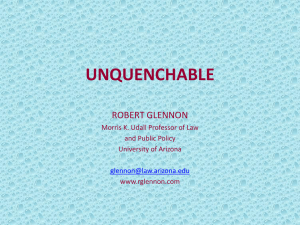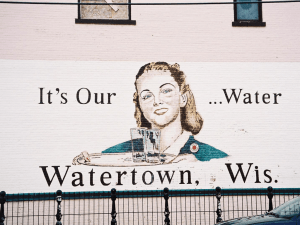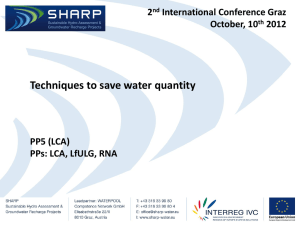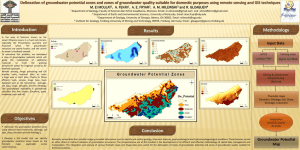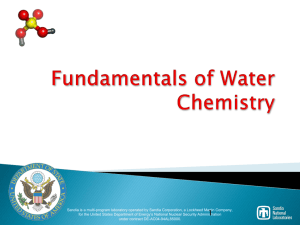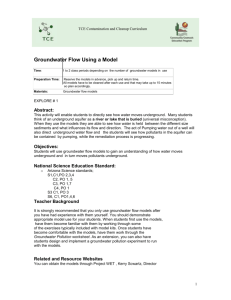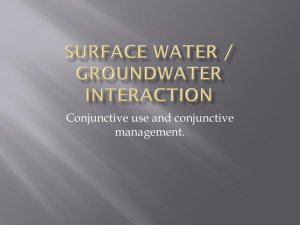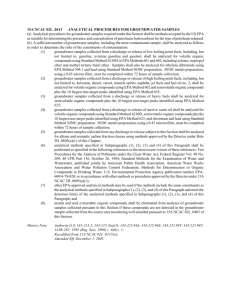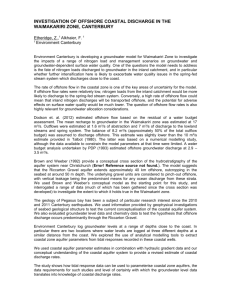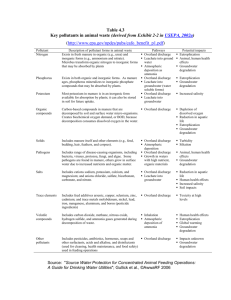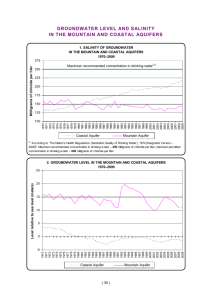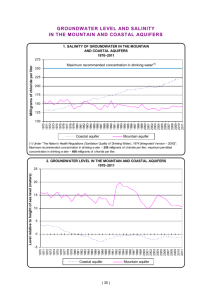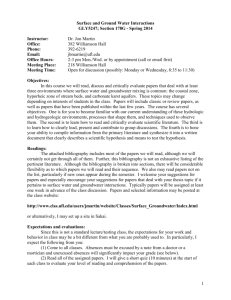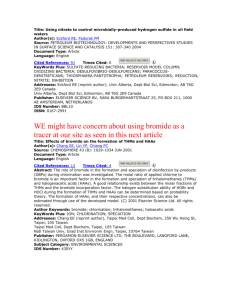Assessing the impact of residential development and recreational
advertisement
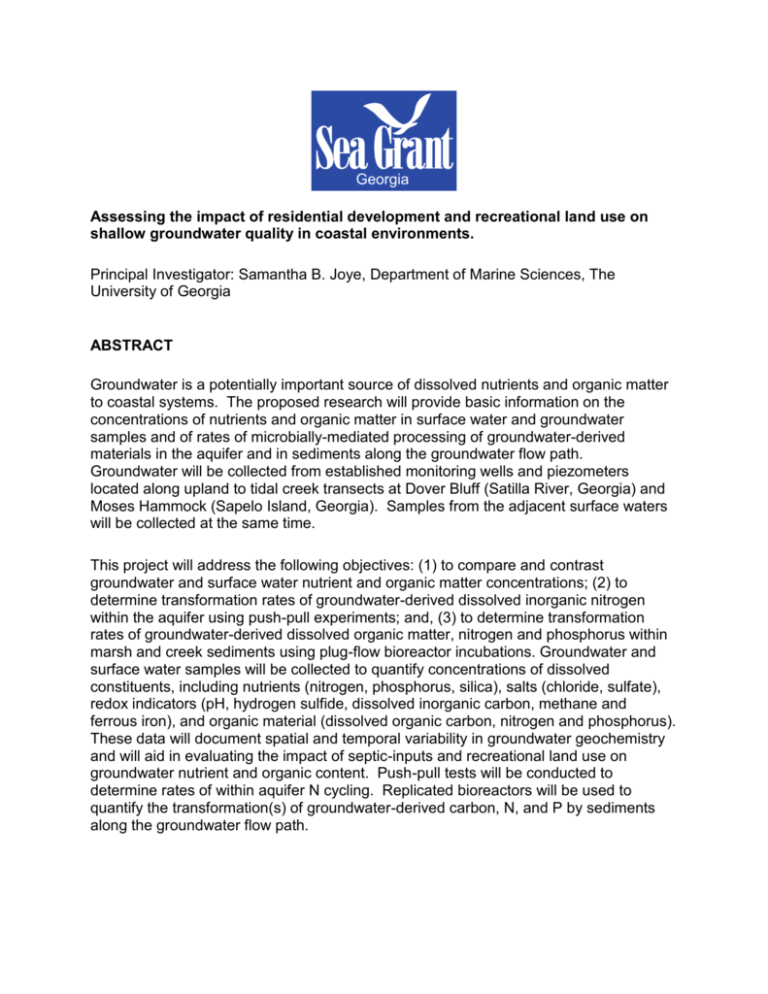
Georgia Assessing the impact of residential development and recreational land use on shallow groundwater quality in coastal environments. Principal Investigator: Samantha B. Joye, Department of Marine Sciences, The University of Georgia ABSTRACT Groundwater is a potentially important source of dissolved nutrients and organic matter to coastal systems. The proposed research will provide basic information on the concentrations of nutrients and organic matter in surface water and groundwater samples and of rates of microbially-mediated processing of groundwater-derived materials in the aquifer and in sediments along the groundwater flow path. Groundwater will be collected from established monitoring wells and piezometers located along upland to tidal creek transects at Dover Bluff (Satilla River, Georgia) and Moses Hammock (Sapelo Island, Georgia). Samples from the adjacent surface waters will be collected at the same time. This project will address the following objectives: (1) to compare and contrast groundwater and surface water nutrient and organic matter concentrations; (2) to determine transformation rates of groundwater-derived dissolved inorganic nitrogen within the aquifer using push-pull experiments; and, (3) to determine transformation rates of groundwater-derived dissolved organic matter, nitrogen and phosphorus within marsh and creek sediments using plug-flow bioreactor incubations. Groundwater and surface water samples will be collected to quantify concentrations of dissolved constituents, including nutrients (nitrogen, phosphorus, silica), salts (chloride, sulfate), redox indicators (pH, hydrogen sulfide, dissolved inorganic carbon, methane and ferrous iron), and organic material (dissolved organic carbon, nitrogen and phosphorus). These data will document spatial and temporal variability in groundwater geochemistry and will aid in evaluating the impact of septic-inputs and recreational land use on groundwater nutrient and organic content. Push-pull tests will be conducted to determine rates of within aquifer N cycling. Replicated bioreactors will be used to quantify the transformation(s) of groundwater-derived carbon, N, and P by sediments along the groundwater flow path. The proposed work will generate fundamentally new data regarding the microbial processing of groundwater-derived materials within coastal aquifers and sediments. Since our work will be conducted at sites impacted by human activity, the data will improve our understanding of the effects of such activity on groundwater quality. We will communicate our results to the scientific community by publishing articles in peerreviewed scientific journals, reporting to the NSF, and presenting papers at national and international scientific meetings. The work described here complements ongoing studies of the Georgia Coastal Ecosystems Long Term Ecological Research program and will provide data that can be used in a regional comparison of groundwater biogeochemistry in southeast coastal ecosystems. This human resources impact is to support a Ph.D. level graduate student and an undergraduate student in the Department of Marine Sciences.
